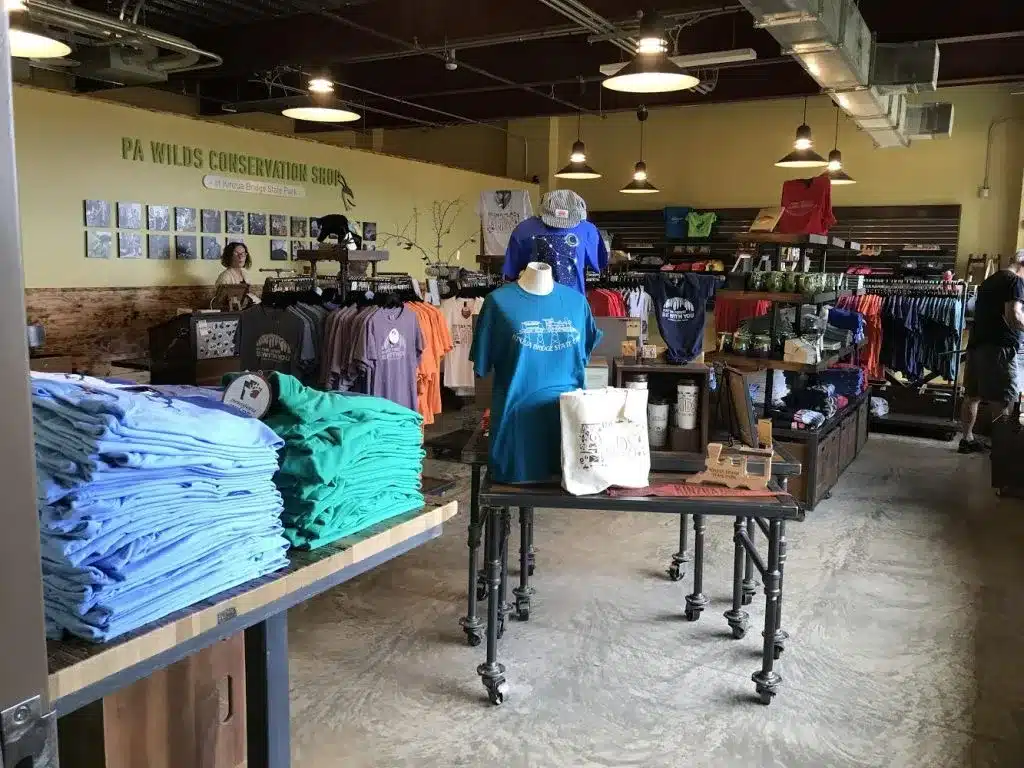Last week, the Business Roundtable, a powerhouse collective voice for business interests, released a new statement redefining corporate “purpose.” In it, they bucked their reigning 1997 statement that decreed “returns to shareholders” as the primary objective for business. Nearly 200 CEOs of world-leading corporations have now signed on to the notion that their reason for being includes not just shareholders, but how well their employees, host communities, the environment and supply chains benefit.
Yes – bring on the corporate action to fulfill this commitment! At Incourage in central Wisconsin, we decided a while back to invest for these purposes. Beginning in 2004 with investments in our Central Wisconsin region, our community-led foundation committed in 2014 to align all our assets to pursue our core purpose of co-creating an inclusive, adaptive and sustainable community. The newest way we are doing this is through an active ownership practice that we call Place-Based Shareholder Engagement.
Why did we go there? Incourage operates in the nation’s top paper and timber manufacturing state and the world’s largest cranberry-producing region in the heart of America’s Dairyland – a largely rural area. For years, our region’s productive forests, farms and bogs supplied manufacturers and distributors, who in turn employed local residents to create world-class industrial and consumer products. But these days, our local industries are increasingly challenged by global economic forces. The rise of digital media and lower-cost timber imports have restructured the paper industry. The rise of corporate agribusiness and ongoing product price volatility have shuffled the agricultural deck.
Central to both has been a disruptive change in ownership and control. Many large – and largely beneficent – companies in our region that used to be owned locally are now owned by outside interests. Indeed, between corporations headquartered offshore in Asia and Europe and private equity interests, the question of who owns rural America has become a grave concern for communities like ours that are accustomed to – and seeking – mutually beneficial relationships that provide value for all stakeholders; business, workers and community.
That’s where Place-Based Shareholder Engagement comes in. To advance stakeholder as well as shareholder interests, Incourage has used its endowment investment portfolio to establish active ownership positions in traded companies headquartered – or with substantial operations – in Wisconsin. To facilitate this, we established the Wisconsin Shared Stewardship Equities Fund, a customized passive index fund.
Currently, we are working with a range of partners from across the nation to formulate Corporate Community Stewardship principles. This effort seeks to co-create principles that leverage community expertise to bring stakeholder and shareholder interests together. And communities – particularly through place-based philanthropies with investment portfolios, such as community foundations – bring a lot to the shareholder table. They bring commitment to developing the skills local workers need for corporations to innovate, establish competitive advantage and sustain profits. They can mobilize R & D capacity in regional universities, as well as knowledge of natural resources, state policies and infrastructure. They share deep interest in building vibrant, healthy businesses that will grow in their regions.
This is critical to rural – as well as urban – America. The trends affecting our rural Wisconsin economy are experienced nationwide and in an ever-increasing range of economic sectors. Taking just the paper industry as an example, nationwide, mill closings have displaced some 500,000 workers in recent decades – almost entirely in rural communities. Within a 100-mile radius of Green Bay, there are more paper mills than anywhere else in the U.S., with more than 106,000 people employed by Wisconsin’s pulp, paper and printing firms.
How has Place-Based Shareholder Engagement worked for us so far? We’re working with paper industry allies on an initiative that can surface win-win opportunities. Moreover, some of the largest shareholders in our local paper company include investors at the vanguard of Corporate Social Responsibility (CSR). Before further restructuring produces more job losses and new brownfields in our community, Incourage is calling on owners to join the conversation on how assets can be productively retooled to advance our region and, ultimately, the nation in a more inclusive and sustainable way. Whether this takes the form of producing new modes of paper to replace plastic, sustainable modular housing, or renewable energy that can help reduce Wisconsin’s continuing dependence on coal, we stand ready to leverage all our philanthropic and other relationships to find mutually beneficial solutions.
In advancing this work, we’re learning that many foundations – whether focused on place-based or sectoral impact – have yet to incorporate shareholder engagement. So, together with Avivar Capital, Aperio Group, Interfaith Center for Corporate Responsibility and the US Endowment for Forestry & Communities, and with financial support from Nathan Cummings Foundation, Incourage is developing a user’s guide for place-based shareholder/stakeholder engagement to spread knowledge of the practice to other communities. It will review the nuts and bolts of co-engagement and include case studies and guidelines on developing place-based strategies and partnerships. Look for it in autumn 2019. In the meantime, we hope that our efforts will help to establish a productive dialogue and collaboration with the nation’s CEOs committed to a new vision of capitalism that benefits stakeholders as well as shareholders. It’s a worthy vision and one that merits all parties both working together and pledging to accountability on results.
Kelly Ryan is the CEO of Incourage Community Foundation and a member of the Rural Development Innovation Group, a partnership of the Aspen Institute Community Strategies Group.







